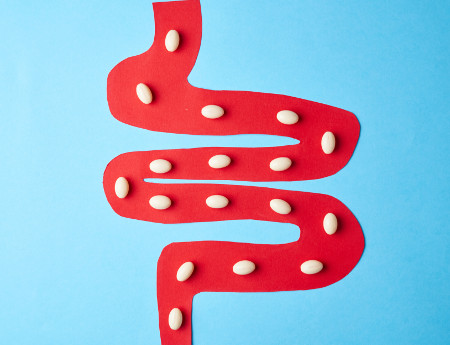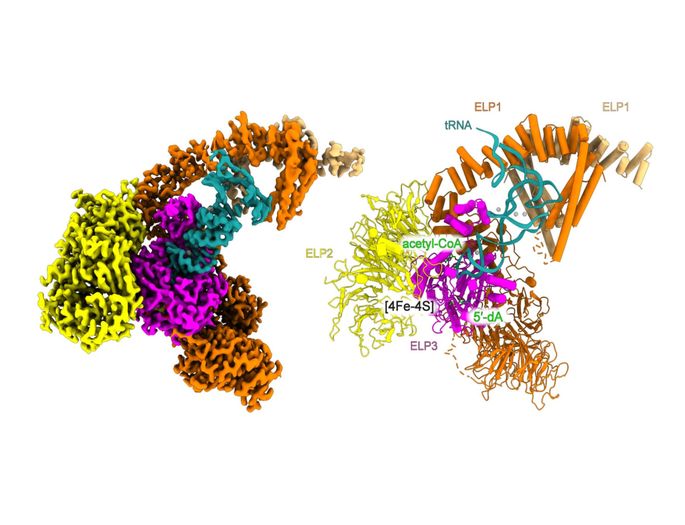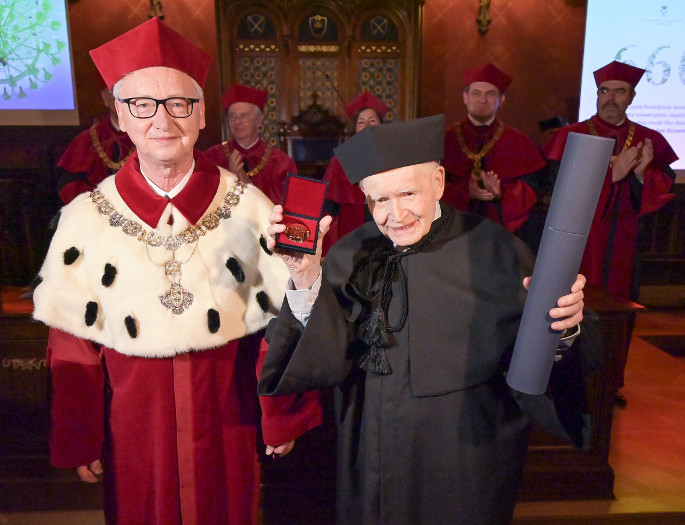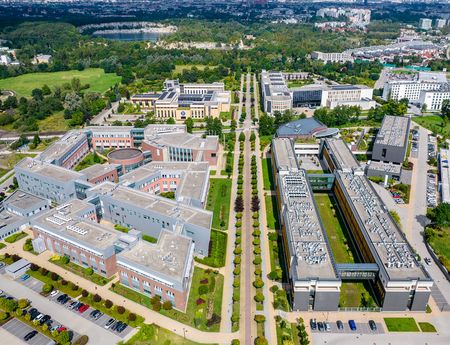
Dr Tomasz Kościółek from the Małopolska Centre of Biotechnology of the Jagiellonian University (JU MCB) will carry out research into human gut mirobiome in collaboration with partners from the University of Basel. His project has received funding from Weave-UNISONO scheme. The JU MCB team will receive nearly 2.4 million zlotys for their four-year project.
The National Science Centre has published the second ranking list of projects selected in this year’s Weave-UNISONO call in collaboration with the Swiss National Science Foundation. One of the two grant-winning projects will be led by Dr Tomasz Kościółek from the JU Małopolska Centre of Biotechnology.
Scientists all over the world have long been researching the diversity of these gut-inhabiting organisms across space and time, trying to understand how variations in their populations relate to human health and behaviour. This research has uncovered more than 600 million protein-coding genes from nearly 5,000 prokaryotic species, but the function of around half of these genes remains unknown. Dr Kościółek, in partnership with researchers from the University of Basel, headed by Prof. Torsten Schwede, will study these genes and attempt to identify their role and function in the human body, using deep learning and large-scale evolutionary modelling. The researchers will create an atlas of human gut protein structures and functions, as well as a protein universe map to help scientists navigate this vast space.
Dr Tomasz Kościółek heads the Structural and Functional Genomic Lab at the JU Małopolska Centre of Biotechnology. He is working on the development and application of computational methods to better understand the function and dynamics of the human gut microbiome. The goal of his group is to build a multi-level understanding of the microbiome from genes, through structures, to functions and therapies. He obtained his PhD in biological sciences from University College London and did his postdoctoral training at the University of California San Diego.
The second grant-winning project will be led by Dr Marcin Tabaka from the International Eye Research Centre of the Institute of Physical Chemistry of the Polish Academy of Sciences.
The Weave-UNISONO call is the result of multilateral cooperation between research-funding agencies that make up the Science Europe association. It aims to simplify submission and selection procedures for research proposals that bring together researchers from two or three different European countries in any academic discipline.
The selection process is based on the Lead Agency Procedure (LAP), under which only one partner institution is responsible for merit-based evaluation and the others simply accept the result.
Under the Weave Programme, partner research teams apply for parallel funding of joint research projects to their respective institutions participating in the Weave Programme. Joint projects must include a coherent research programme with the added value of the international cooperation clearly defined.
Source: National Science Centre





